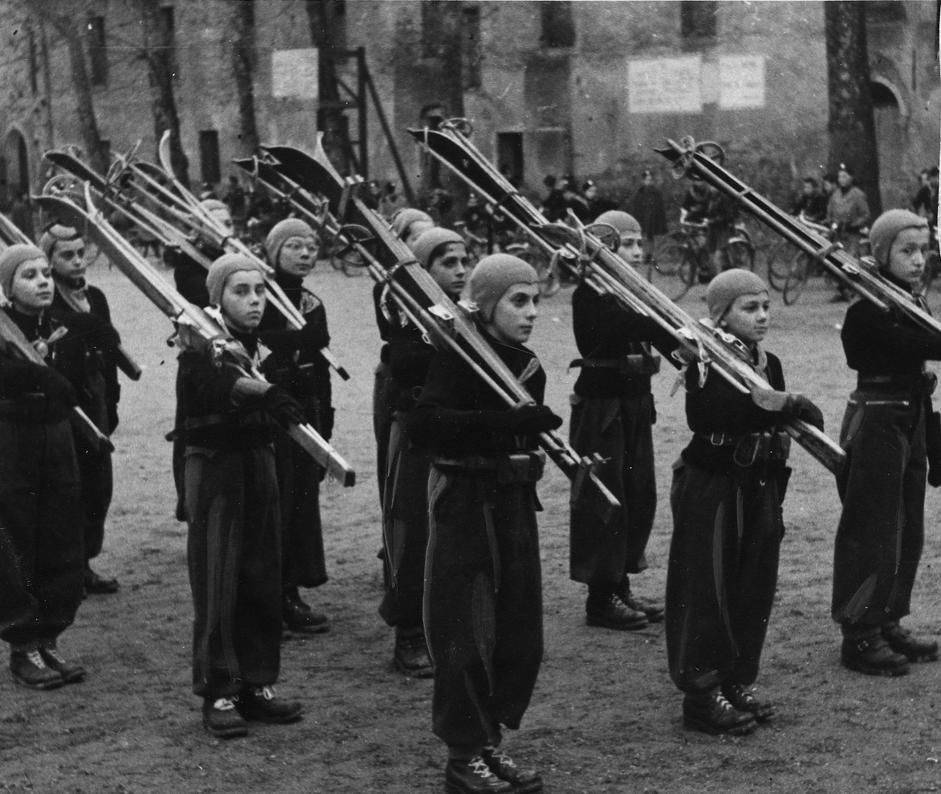The editorial board of Security Praxis shares the concern expressed by scholars, researchers and political analysts for academic freedom in Turkey. We endorse the Public Statement of the Presidents and Chairs of Professional Associations on “International Studies” regarding the Prosecution of Academics in Turkey, issued on January 19 as a collective endeavour to act in defense of academics’ right to express their political views freely and without having to fear for their jobs or personal freedom. We decided to repost on our blog the “Letter in support of academics for peace in Turkey” originally available at https://freedomofexpressiontr.wordpress.com
Letter in support of Academics for peace in Turkey
Dear Sir/Madam,
We are gravely concerned that academics in Turkey are facing a lynching campaign initiated by the Turkish President and embraced by all public institutions as well as the large majority of the Turkish media under close control by the ruling Justice and Development Party and its government for signing a petition. The petition demanded an end to state violence in Kurdish provinces and “a road map that would lead to a lasting peace in Turkey”.
The Turkish judiciary has initiated public prosecution under Article 301 of the Penal Code and Article 7 of Anti-terror Law alleging “terrorist organization propaganda”. After an emergency meeting, Higher Education Council (YÖK) decided to commence an investigation against scholars who signed the petition. These actions represent yet another violation of the freedom of expression in Turkey and are consistent with broader efforts on the part of the Turkish state to punish the critics of state policies.
We note with alarm that the actions against the academics have been taken after President Recep Tayyip Erdoğan designated the signatories as ‘traitors’ in a public address. This is a clear indication that the administrative and legal actions against the signatories reflect the current government’s abuse of law for achievement of political ends. It is also a clear indication that both the Higher Education Council and the individual universities that commenced action against the signatories do not respect academic freedom. We are concerned that the scope for cooperation with Turkish universities will be diminished further as the credibility of the higher education system is undermined seriously once again after steady deterioration due to numerous attacks on academic freedom in the past.
Finally, we are also gravely concerned that President Erdoğan did not hesitate describing the petition as invitation for foreigners to intervene in Turkey. This mind-set both reflects and exacerbates the securitization of the public sphere in Turkey, particularly after the Turkish government’s withdrawal from the peace negotiations with the Kurds. We note that the petition did not call for foreign intervention, but rather for independent observation – which is the hallmark of both human rights monitoring and academic research. The petition calls for independent observers to monitor the Kurdish provinces where civilians, including children and elderly, have died and are still dying under a security crackdown. Given this, its description by the President as invitation for foreign intervention is incompatible with democracy or academic freedom.
We, the signatories are in solidarity with our colleagues in Turkey and call upon the Turkish government to stop the lynch campaign unleashed against them. We also call on all governments, the media and the wider public outside Turkey to raise their voice against the curtailment of freedoms and suppression of dissent in Turkey.
For support, please send your signature, name of your university and your title to freedomofexpressiontr@gmail.com or visit https://freedomofexpressiontr.wordpress.com
